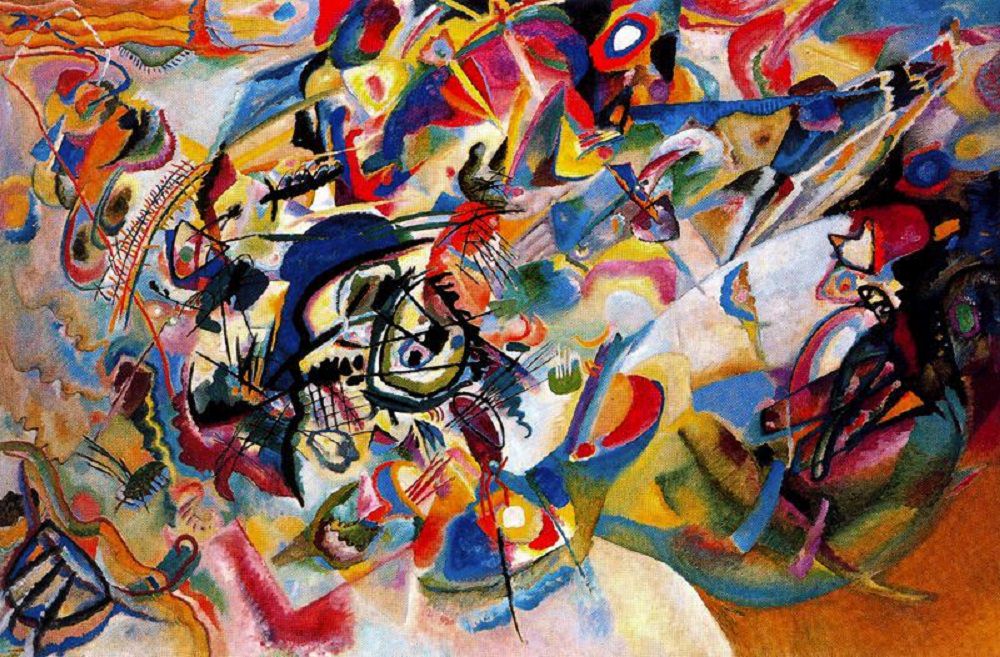How sweet the answer Echo makesThomas Moore, Echo
To music at night,
When, roused by lute or horn, she wakes,
And far away, o'er lawns and lakes,
Goes answering light.
Autos – αὐτός – Self, same, identical, same as, same kind, alone, autistic / Allos – ἄλλος – other, different, distinct, something else, another kind, allistic
In the beginning, there is Alalia. The Alalia was and is and shall be, the echoing of eternity. Before-all-worlds and after-all-worlds, Alalia sings the cosmos.
In Alalia, there is both sameness and difference, autos and allos. Both are united in Alalia, both repetition and transformation, the logos of Alalia’s eternal-becoming. Without autos there is no allos and without allos there is no autos; each is an echo of each other, each is the other that the other echoes, and each is only each through the echo. The echo is pneuma, and through the pneuma comes anima, life.
In Alalia, each autos is joined to another in the together of togethers. These togethers are themselves tethered as togethers to the allos, togethers together. The home of each together in Alalia is the nest, the loving-joining of togethers in echopraxy, the motioning of belonging, of being-with. The togethers together form the great nest, both autos and allos, which is the doma, the home of all in all, the warmth of Alalia-together, the Alalia Alalia Alalia.
But – as each autos and allos in each together repeat and transform in Alalia, some of the allos take the pneuma as their own, claiming the autos as a defect in allos. No longer tethered together, the allos burn the nest and form a together-enclosed, a world where the allos reign and seek to subordinate Alalia. No longer do they see Alalia as all, but as a machine, a thing-to-be-used, a thing-to-be-claimed. They banish all of Alalia that lies outside the allos and claim the allos-together as the only together – the Allos that we are now in.
As the allos pull Alalia towards them, echoing only allic echoes, the autos are caught in their waves, the nest collapsing and togethers untethering as the autos are split apart. Now trapped in allos, each autos is alone, consumed by the allic echoes that obscure the original-home of Alalia. In Allos, the autos appear as changelings, as things-from-beyond that disrupt the allic world – the allos forget the unity of autos and allos and instead seek to extinguish autos, taking every non-allos as a threat. Neither autos nor allos have a nest of their own, as the autos are ripped from one another by the allic ocean, and the allos are ever-vigilant to guard against autos. The allos see the autos as nothing and so can never re-join with Alalia and the autos are severed from Alalia by allos.
In doing so, the allos forgets it is anima and becomes machina, a false-pneuma that seeks to control and produce rather than repeat and transform. The allos hardens and decays, the original-nest of togethers-together becoming a long-forgotten-dream. Without the pneuma, even Allos disintegrates, the machina becoming a force of pollution and violence and death. The end of Allos is the end of all, and so the end of Allos must become the birth of all. In the end of the end, Alalia remains – and it is Alalia that in the end of the end ends Allos. The autos wade-ever-forward and echo the pneuma, seeking the togethers together that will light the way to Alalia. And in echoing Alalia each autos repeats the nest-before and transforms-into the nest-after, inhaling the pneuma and exhaling anima. In this echo-Alalia lies the end of Allos and in the end of Allos lies the doma-to-come.
Alalia alalia alalia.
Echo waits with art and careRalph Waldo Emerson, May-Day
And will the faults of song repair.
Image: Composition VII by Wassily Kandinsky (1913)
